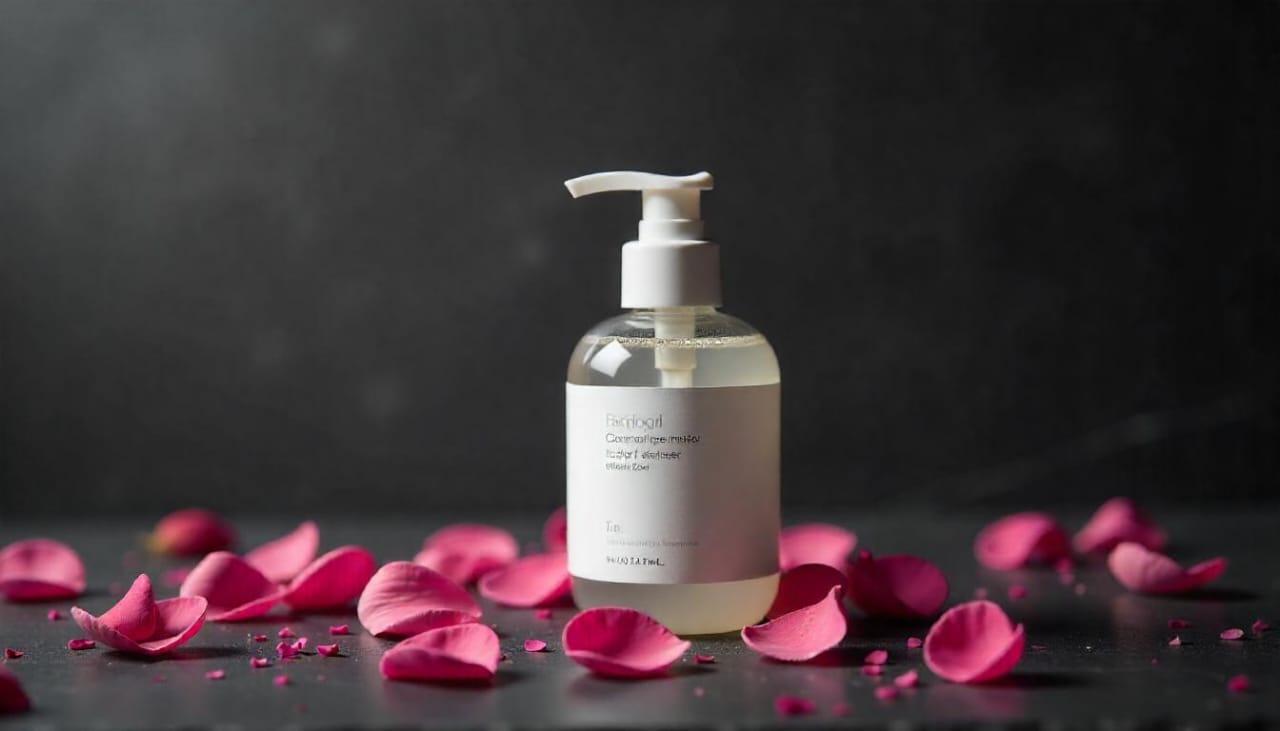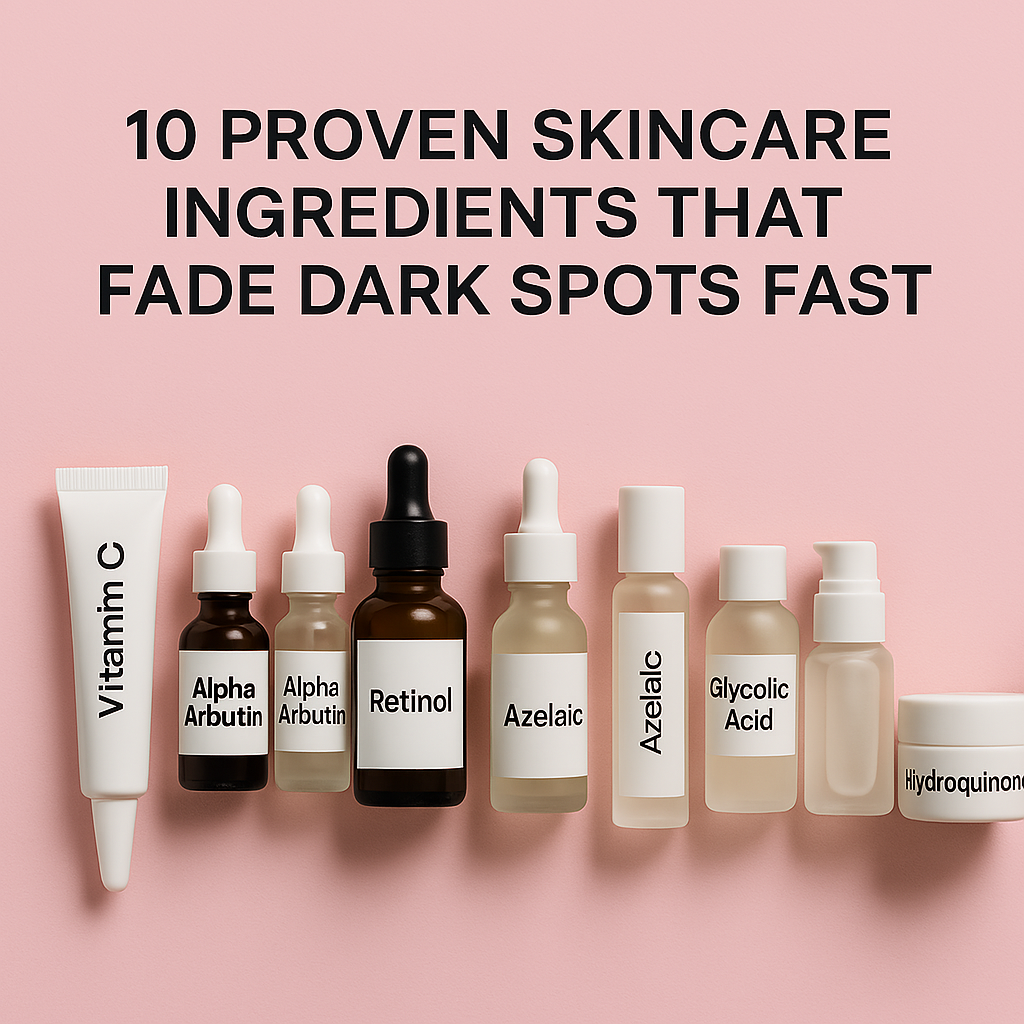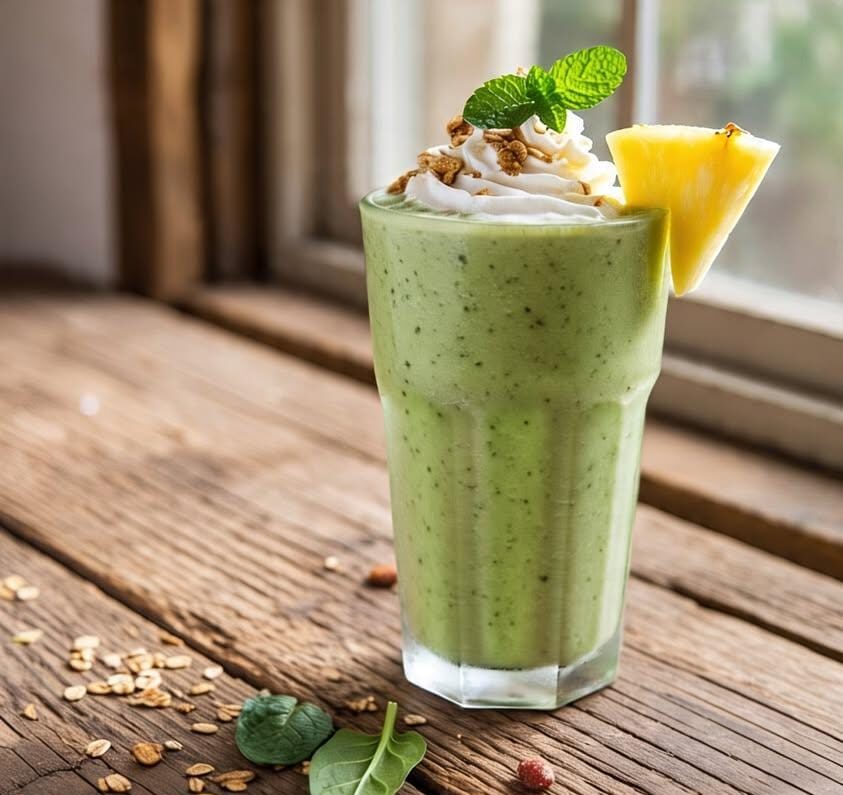Understanding Sensitive Skin: More Than Just Irritation
Sensitive skin isn’t just a marketing buzzword—it’s a genuine skin type that requires special care and thoughtful product selection. People with sensitive skin often experience redness, stinging, burning sensations, dryness, or tightness, especially after using certain skincare products. These reactions usually indicate a compromised or thin skin barrier that’s more susceptible to irritants, allergens, and environmental stressors. Choosing the wrong cleanser can make things worse, stripping the skin of its natural oils and disrupting its delicate balance. That’s why selecting a suitable facial cleanser is one of the most critical steps in a sensitive skin routine. But how do you know what to look for—and more importantly, what to avoid? Let’s break it down step by step.
The Importance of a Gentle Cleanse
The number one rule for sensitive skin? Less is more. A cleanser for sensitive skin should do its job without over-cleansing or disrupting the natural protective barrier. Harsh surfactants, synthetic fragrances, and strong preservatives can all trigger reactions and leave your skin feeling worse than before. A good sensitive-skin cleanser will focus on gently removing dirt, sweat, and impurities without causing dryness or inflammation. Look for labels like “gentle,” “non-irritating,” “soap-free,” and “for sensitive skin.” These terms often indicate a formulation that’s been tested and designed with your skin’s unique needs in mind. Remember, your cleanser doesn’t need to foam aggressively to be effective—it needs to respect your skin’s natural balance while still getting the job done.
Ingredients That Calm, Not Aggravate
When choosing a cleanser for sensitive skin, the ingredient list is your best friend. Soothing and hydrating ingredients like aloe vera, chamomile extract, colloidal oatmeal, allantoin, and panthenol (vitamin B5) are known for their calming and anti-inflammatory properties. These ingredients help relieve redness, reduce irritation, and support the skin’s healing process. Glycerin and hyaluronic acid are also excellent additions, as they retain moisture and prevent the skin from drying out after cleansing. On the other hand, it’s best to avoid alcohols (like denatured alcohol), essential oils, synthetic fragrances, and strong acids in your cleanser. Even “natural” doesn’t always mean “safe”—some botanical extracts can trigger allergies in sensitive skin types. Always do a patch test if you’re unsure, and stick to simple, minimal-ingredient formulas.
Choosing the Right Texture and Type
The texture of your cleanser matters more than you might think. Cream, milk, balm, or gel-based cleansers tend to be the best options for sensitive skin. These types are usually formulated to cleanse gently without foaming or disrupting the skin’s barrier. Cream or milk cleansers are typically the most hydrating and are ideal for dry and reactive skin. Gel cleansers (provided they’re sulfate-free and pH-balanced) can be a great choice if you deal with sensitivity but still need a fresh, lightweight feel. Micellar water is another gentle cleansing option, especially for removing light makeup or cleansing without water—perfect for ultra-sensitive skin or flare-up days. Avoid harsh scrubs or exfoliating cleansers that contain physical beads or strong acids; these can easily over-stimulate and inflame sensitive skin.
pH Matters More Than You Think
The pH level of your cleanser can make a huge difference in how your skin reacts. The skin’s natural pH is slightly acidic—around 4.5 to 5.5—which helps keep its barrier strong and resilient. Cleansers with a pH that’s too high (alkaline) can disturb this balance, making the skin more prone to dryness, irritation, and even breakouts. For sensitive skin, it’s especially important to choose a cleanser that’s pH-balanced. These products are formulated to match your skin’s natural acidity and maintain its protective functions. If the packaging doesn’t mention pH, try to find reviews or product information that confirms it’s gentle and barrier-safe.
Final Thoughts: Sensitive but Strong
Sensitive skin may need more attention and gentler care, but with the right cleanser, you can create a routine that leaves your skin clean, calm, and healthy. The key is to be selective—not just with marketing claims, but with ingredients and formulations. A soothing, low-foaming, pH-balanced cleanser can make all the difference in preventing flare-ups and maintaining a resilient complexion. As always, listen to your skin. If a product stings, burns, or causes prolonged redness, it’s not the right fit. But once you find your match, your skin will thank you—quietly, without irritation.





